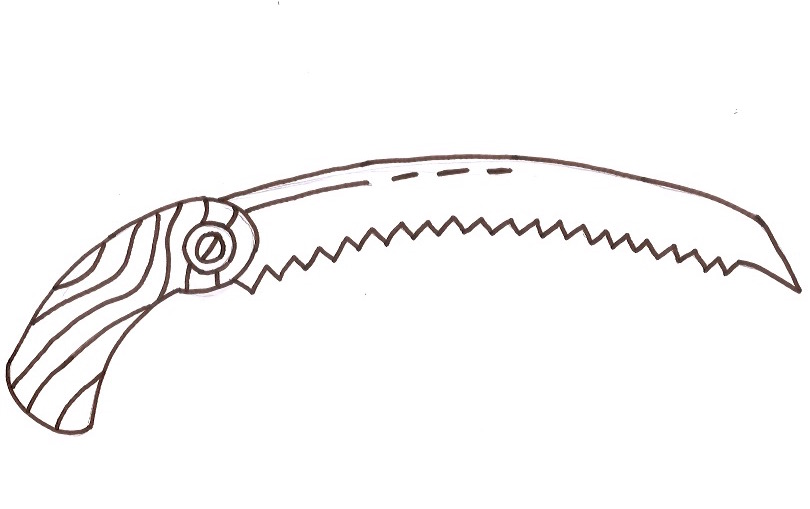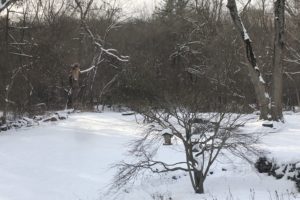I’d like to share an excerpt from Lear’s book Radical Hope which I am still plugging away with.
“…become a chickadee! ‘He is least in strength but strongest of mind among his kind. He is willing to work for wisdom. The Chickadee-person is a good listener. Nothing escapes his ears, which he has sharpened by constant use. Whenever others are talking together of their successes and failures, there you will find the Chickadee-person listening to their words.’ Becoming a chickadee, then, is a virtue-a form of human excellence. One trains oneself by sharpening one’s ears; one acquires the ability to learn from the wisdom of others. And after one acquires this character trait, a new form of excellence opens up: one can survive the coming storm. ‘The lodges of countless Bird-people were in the forest when the Four Winds charged it. Only one is left unharmed, the lodge of the Chickadee-person.'” (Lear, 80).
Listening and learning from others is a large reason for success that we may sometimes take for granted. In arboriculture, just as in any other trade, there are many small details and hard learned lessons to obtain and if we listen to those that are talking about working through those lesson, or to those that have come before us and passed along their own hard earned wisdom, we can take away some kind of golden information that may be able to affect our own situation monumentally. Listening like the chickadee listens becomes a strong virtue, for the arborist, or anyone for that matter.
I think of the times we live in and how much information exists online, both in the form of media (pictures, videos, lectures, etc.), but also in the form of original conversation in texts and chatrooms and message boards and forums and Facebook groups. And that’s not to say that everything is true, but so many people are sharing their experiences in real time and that’s a huge benefit to be taken advantage of-for the young or the old business owner, the apprentice and the journeyman/journeywoman, or anyone who simply has a thirst for knowledge and a hunger for more wisdom. We can utilize this free information in very valuable ways, just by listening like the little chickadee.
And so, just as I touched on in my last post, again we can find great power in our tools. Not just the physical tools, but also the metaphysical tools that we can employ for ourselves in our day to day thinking.
Classes, lectures, symposiums and other general arborist assemblies are also a rich source of information. Maybe a lot of the information is redundant, sure, but that is no reason to become complacent in how we listen and learn and observe at these events. Remember, that piece of information that has such a huge affect on how we operate may not be some grand sweeping realization of a major radical change we need to make; it maybe be the smallest nugget of information: how we hold our hand a certain way, threading a rope differently, a different carabiner, a smaller block, a bigger face cut, etc.
Lear notes that “a chickadee once told Pretty Shield’s grandmother when she was a young woman that ‘there is great power in little things.'” (81).
That is great wisdom, and as winter continues to move in upon us, I realize what a great time it is to listen like the chickadee.





Leave a Reply
Your email is safe with us.